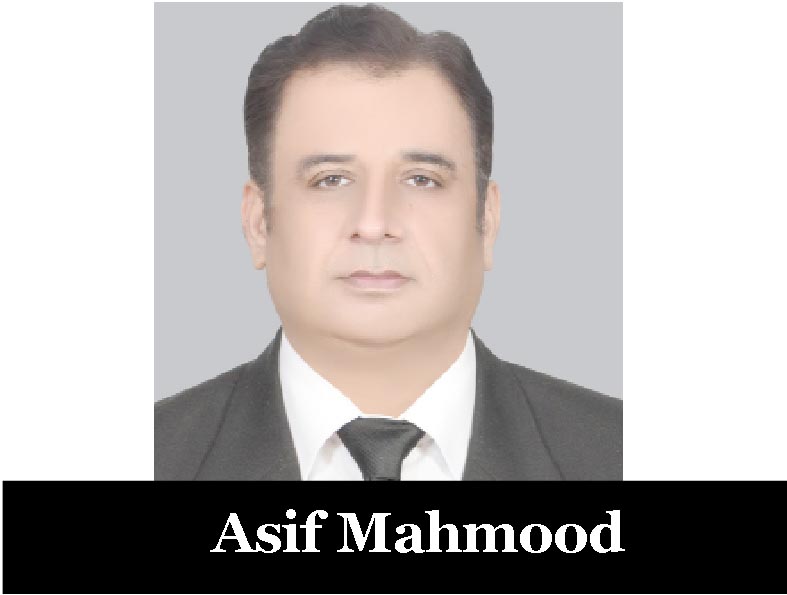Asif Mahmood
The convictions related to the May 9 riots are finally coming through. But they come far too late. And in Pakistan, delay comes at a heavy price — not just legally, but politically and morally.
When justice is delayed, collective memory fades. Crimes that once shook the conscience of a nation are diluted in the endless churn of the news cycle. Worse, it allows those convicted to reposition themselves as victims. The narrative shifts from “those who incited violence” to “those being targeted by the state.” This is exactly what we are now witnessing. And it is dangerous.
Let us be clear: the events of May 9 were not ordinary protests. They were orchestrated acts of aggression against state institutions, military installations, and national symbols. These were not the actions of an angry but leaderless crowd — they were the product of deliberate incitement, coordinated messaging, and political mobilisation.
Yes, politicians are being punished. And yes, they should be.
In a functioning democracy, being a politician is not a license to break the law. On the contrary, those in leadership bear more responsibility, not less. Yet in Pakistan, a certain entitlement has long existed — a belief among some political elites that street power can shield them from consequences. That somehow, if a protest gets out of control, it was just “emotion.” That if a crowd burns down an army monument, it was “spontaneous.”
This time, that excuse must not fly.
The tragedy of May 9 is not just the damage done to property, or the attack on military symbols. It is the impunity with which it was attempted. If the state had failed to respond, it would have sent a loud, dangerous message: that chaos is a valid political tool, and that inciting a mob carries no cost. Pakistan, already teetering under political instability, could not afford such a precedent.
The question to ask is not “Why are politicians being jailed?” The real question is: “Why did it take so long?”
Critics argue that the state is using heavy-handed tactics. But what was the alternative? To forgive and forget? To turn the other cheek after state properties were torched and national pride desecrated? This isn’t about political rivalry anymore. This is about the rule of law.
And let’s not confuse justice with revenge. Due process matters. Fair trials are essential. But so is clarity: those who mobilised mobs must be held accountable. This includes those who gave the speeches, drafted the tweets, ran the WhatsApp groups, and stood by as the fires raged.
May 9 must be a red line. It must be remembered as the day when politics crossed into insurrection — and when the state finally said: enough.
Exemplary punishment is not about vengeance. It is about deterrence. It is about ensuring that the next politician who toys with the idea of mob rule will think twice.
